Some facilities unable to access patient records, order drugs or pay employees after their computers were hijacked.



Just one million dollars.
MANHATTAN, Kan., Nov. 21, 2019 /PRNewswire/ — Libella Gene Therapeutics, LLC (“Libella”) announces an institutional review board (IRB)-approved pay-to-play clinical trial in Colombia ( South America ) using gene therapy that aims to treat and ultimately cure aging. This could lead to Libella offering the world’s only treatment to cure and reverse aging by 20 years.
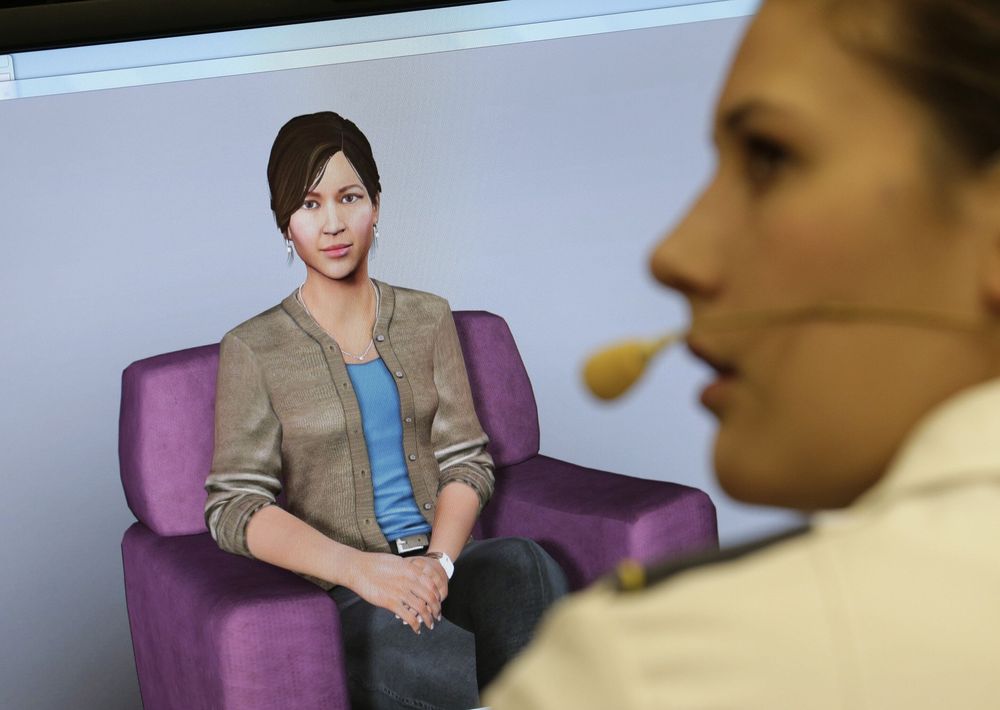
The next time you get sick, your care may involve a form of the technology people use to navigate road trips or pick the right vacuum cleaner online.
Artificial intelligence is spreading into health care, often as software or a computer program capable of learning from large amounts of data and making predictions to guide care or help patients.
It already detects an eye disease tied to diabetes and does other behind-the-scenes work like helping doctors interpret MRI scans and other imaging tests for some forms of cancer.
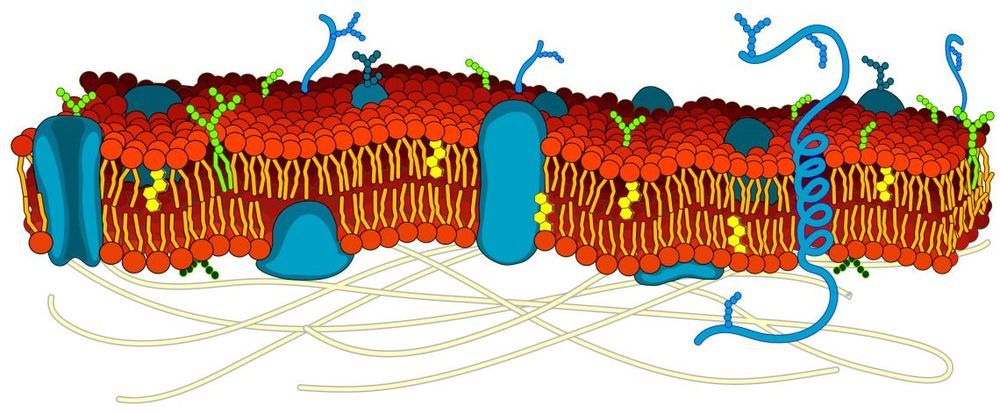
DNA circuits could help ensure that cancer screens and therapies zero in on the right culprits. A new cancer-detecting tool uses tiny circuits made of DNA to identify cancer cells by the molecular signatures on their surface.
Duke University researchers fashioned the simple circuits from interacting strands of synthetic DNA that are tens of thousands of times finer than a human hair.
Unlike the circuits in a computer, these circuits work by attaching to the outside of a cell and analyzing it for proteins found in greater numbers on some cell types than others. If a circuit finds its targets, it labels the cell with a tiny light-up tag.
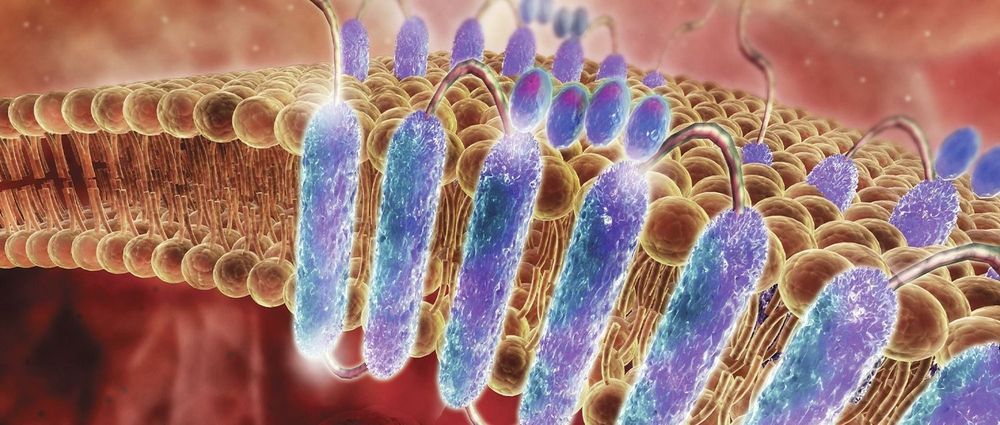
A team of scientists at the University of Antwerp (Belgium) wants to stop the aging process. They are fascinated by uncovering longevity signatures at the tiny molecular level and are developing an intelligent nanomachine that lays the foundations for new therapies against aging and chronic diseases. Only ten conditions cause 75% of all mortalities. The top three of cardiovascular disease, diabetes, and cancer accounts for 50% of all mortalities. Are these chronic diseases age-related? Can we address them by targeting aging?
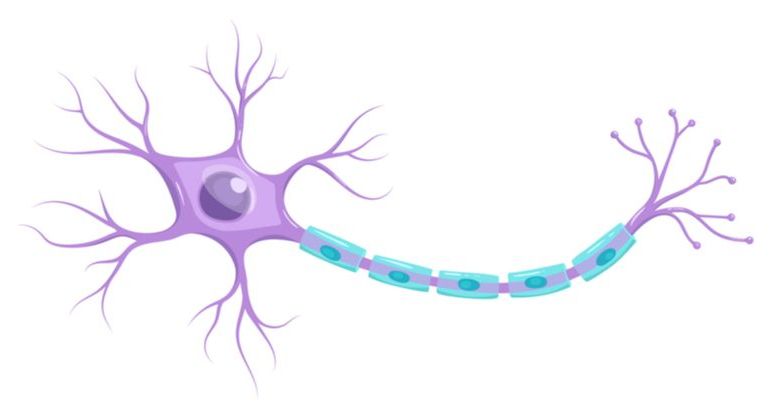
A recent study published in Cell Stem Cell shows that fasting and metformin are effective in a mouse model of demyelination, which is caused in humans by such disorders as multiple sclerosis.
Myelin, demyelination, and remyelination
Myelin, a substance rich in beneficial proteins and fats, is an insulator and protector of nerve cells and helps nerve cells to conduct messages to one another.

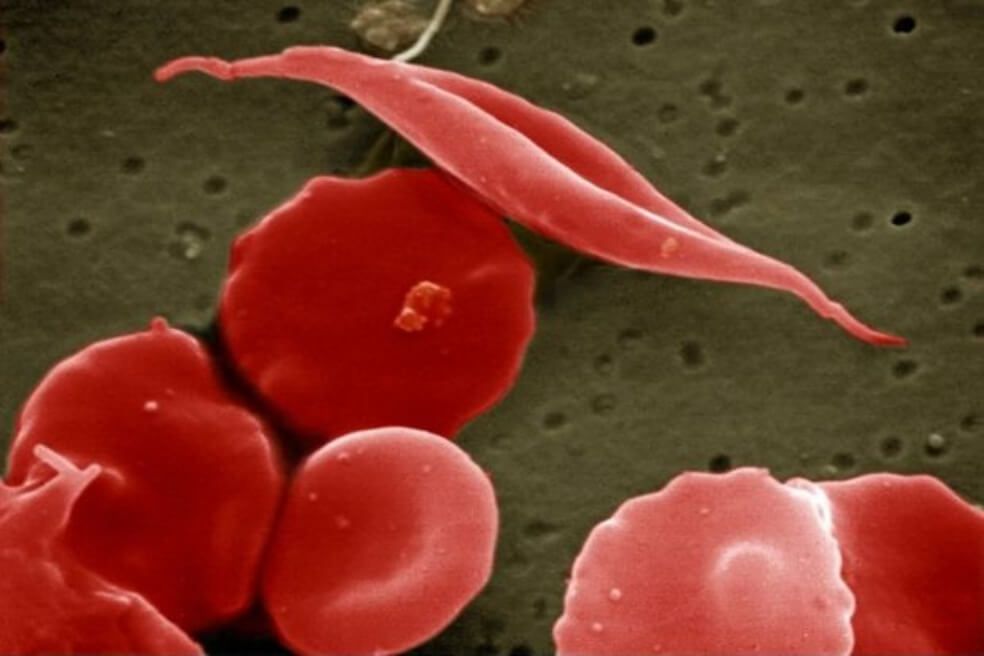
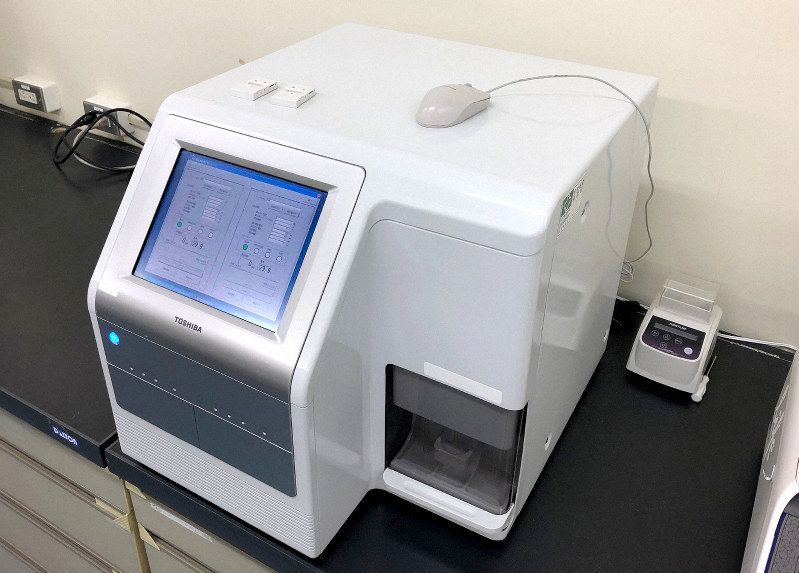
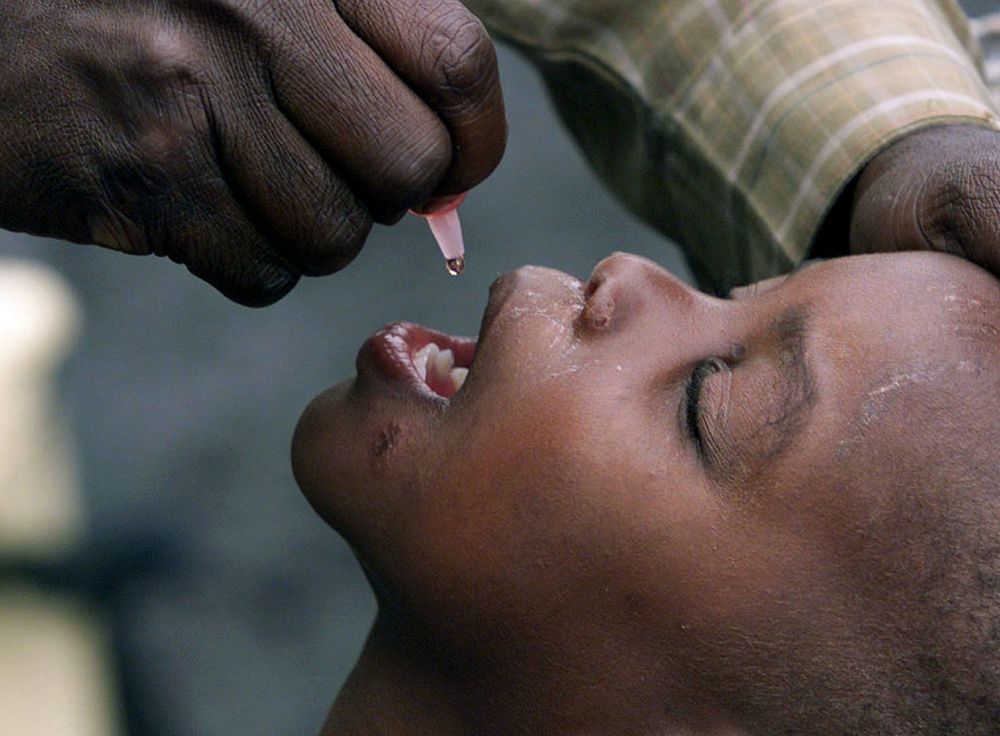
LONDON (AP) — Four African countries have reported new cases of polio linked to the oral vaccine, as global health numbers show there are now more children being paralyzed by viruses originating in vaccines than in the wild.
In a report late last week, the World Health Organization and partners noted nine new polio cases caused by the vaccine in Nigeria, Congo, Central African Republic and Angola. Seven countries elsewhere in Africa have similar outbreaks and cases have been reported in Asia, including the two countries where polio remains endemic, Afghanistan and Pakistan.
In rare cases, the live virus in oral polio vaccine can mutate into a form capable of sparking new outbreaks. All the current vaccine-derived polio cases have been sparked by a Type 2 virus contained in the vaccine. Type 2 wild virus was eliminated years ago.